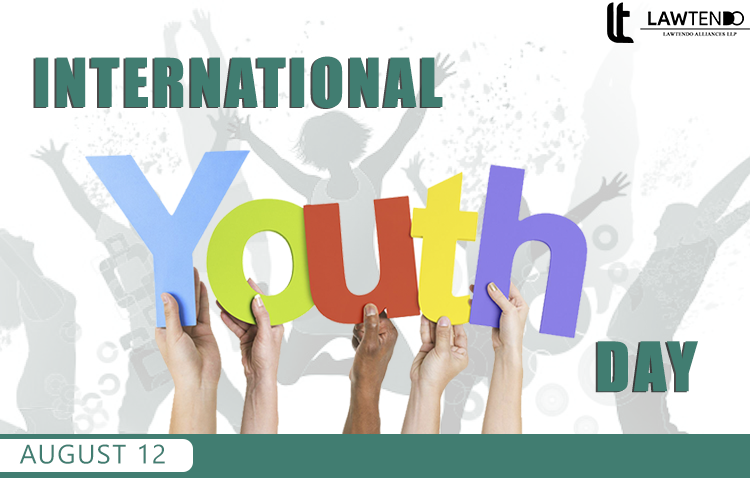The shields to Juvenile Injustice

Date : 12 Aug, 2019
Post By Sankul Nagpal
Being a country full of capable youth, India has its future
standing on the shoulders of the next generation. However, in order to get the
most out of the young, it is important that their rights are well protected so
as to prevent them from any form of harassment that children may be subjected
to.
With numerous laws currently functioning to protect the interest
of various sections of the society, India is also well equipped with some
special laws that protect the interest of the youth.
The Protection of Children from Sexual Offences (POCSO) Act, 2012
One of the key laws governing child welfare in India is the POCSO
Act.
With an aim to provide a stringent legal framework for the
protection of children against offences of sexual assault, harassment and
pornography, the POCSO Act was enacted to safeguard the interest of the
children in judicial processes. The Act adopts a ‘children first’
ideology by making provisions for child-friendly reporting, evidence recording,
investigation as well as a speedy trial of offences via Special Courts.
The Bonded Labour System (Abolition) Act 1967
The Bonded Labour System (Abolition) Act, 1976 was enacted to prohibit forcing of children
into bonded labour. The act also waives off all debt agreements and obligations
that were previously active.
The act also prohibits the creation of any new bondage/ labour
agreement and gives freedom to bonded labourers from all debts. Further, by the
Act compelling a person/child to render bonded labour is made punishable. This
includes punishment for parents and other family members who send off their
children to work as bonded labourers.
The Child Labour (Prohibition and Regulation) Act 1968
The Child Labour (Prohibition & Regulation) Act 1986 is another step towards the protection of child
rights in India. The act prohibits the employment of children in hazardous
occupations and further regulates the condition of working for children in
other occupations.
As per this Act, a child is defined as any person who has
not completed the age of 14 years. The Act further provides punishment for the
employment of children in contravention of this Act.
The Right to Education Act 2009
With an aim to promote education for all, the RTE Act serves as a
keystone to the development of the nation.
The RTE Act makes education a fundamental right of every child
between the age group of 6 to 14 years. It also provides that all private
schools must reserve 25% of seats to based on economic status for the EWS
category.
Children thus have the right to be protected from all exploitative
situations. However, that is possible only if we make ourselves aware of the
real problems and risks that children face and also of the remedies that are
available relating to law, to change the situation for the interest of the
students. Therefore this International Youth Day, promise yourself to
look out for children in need and help them using the power of the law.






Shanu